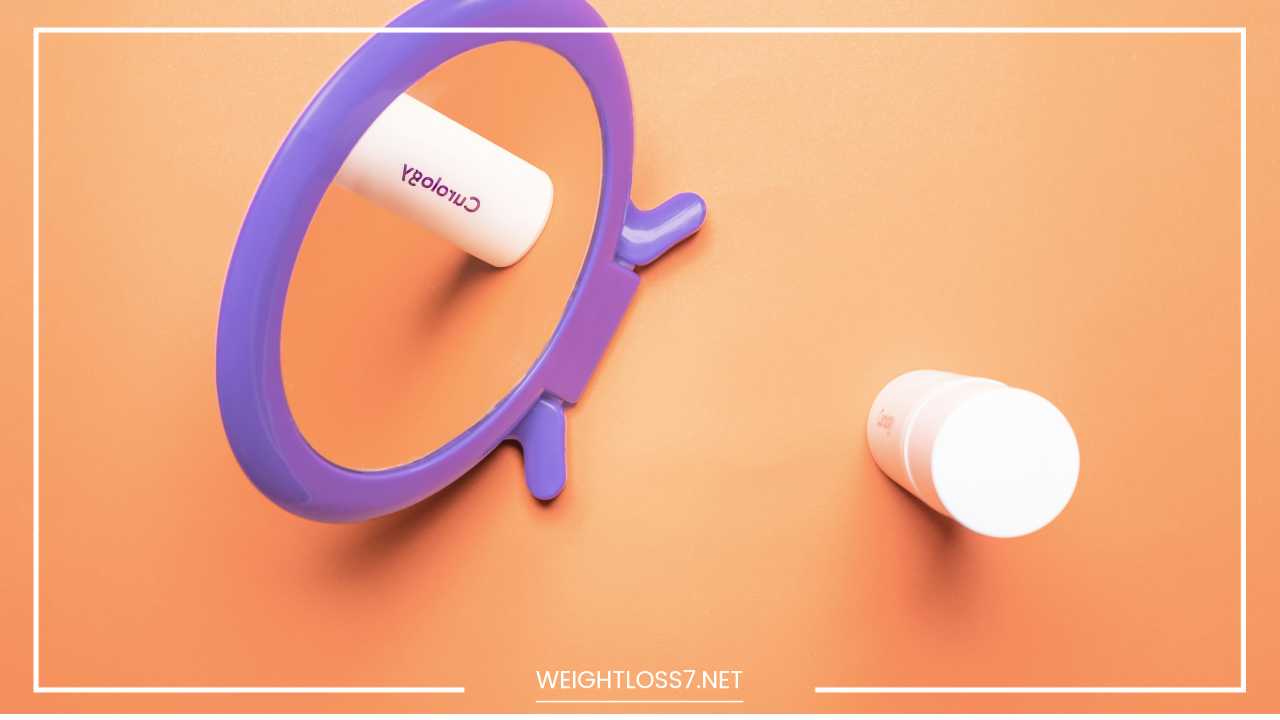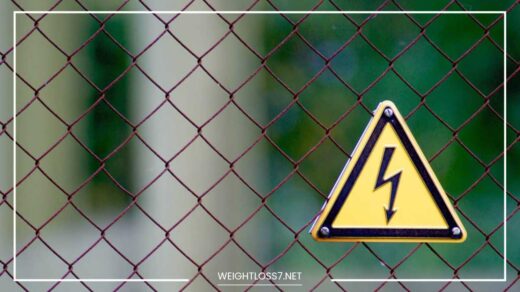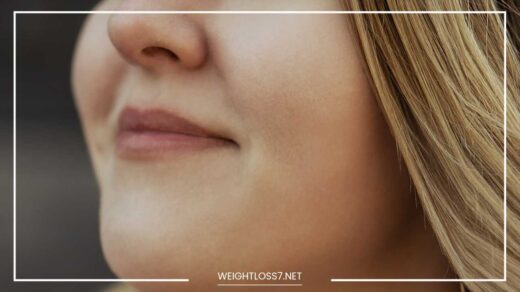Anti-Aging Skincare Guide: Look Younger, Feel Younger

Anti-Aging Skincare
Anti-Aging Skin Care: A Guide to a Younger-Looking You
The desire for a youthful appearance transcends time. While aging is an inevitable part of life, we can take proactive steps to keep our skin looking healthy, radiant, and glowing for years to come.
This expanded guide delves into the world of anti-aging skincare, empowering you to create a personalized routine tailored to your specific concerns.
Understanding the Science Behind Aging Skin
Before diving into products, let’s explore the science behind the telltale signs of aging skin:
- Collagen and Elastin: These proteins are the scaffolding of our skin, providing structure, firmness, and elasticity. As we age, collagen and elastin production slows down, leading to fine lines, wrinkles, and loss of volume.
- Cellular Turnover: Our skin naturally sheds dead skin cells and replaces them with new ones. However, this process slows down with age, resulting in a dull, rough texture and uneven skin tone.
- Glycosylation: This complex process involves the attachment of sugar molecules to proteins and lipids in the skin. As we age, glycosylation increases, leading to decreased skin elasticity and a loss of that youthful plumpness.
- Free Radical Damage: Free radicals are unstable molecules that damage skin cells and contribute to wrinkles, age spots, and hyperpigmentation. Environmental factors like sun exposure and pollution accelerate free radical damage.
Beyond Lifestyle: Addressing the Root Causes of Aging
While a healthy lifestyle is crucial for anti-aging, it’s important to address the root causes of aging skin. Here are some emerging strategies:
- Nutritional Supplements: Consider incorporating research-backed supplements like collagen peptides, marine pycnogenol (a potent antioxidant), and Coenzyme Q10 (an antioxidant that supports collagen production) into your routine. Consult a healthcare professional for personalized guidance.
- Skin Microbiome Support: The skin microbiome is a complex ecosystem of bacteria that plays a vital role in skin health. Prebiotics and probiotics can help maintain a balanced microbiome, promoting healthy skin barrier function and potentially reducing signs of aging.
- Advanced Skincare Technologies: Explore cutting-edge treatments like microneedling, which creates tiny channels in the skin to stimulate collagen production, or radiofrequency therapy, which uses radio waves to tighten and lift the skin. These treatments should be done under the supervision of a qualified dermatologist.
Building Your Personalized Anti-Aging Arsenal
Now, let’s delve into the essential steps of creating an anti-aging skincare routine:
- Cleanse: Choose a gentle cleanser appropriate for your skin type. Consider double cleansing, especially if you wear makeup or sunscreen. Start with an oil-based cleanser to remove makeup and sunscreen, followed by a water-based cleanser for a deeper clean.
- Exfoliate: Regularly exfoliate (1-2 times per week) to remove dead skin cells, promote cell turnover, and enhance product penetration. Opt for chemical exfoliants with alpha hydroxy acids (AHAs) or beta hydroxy acids (BHAs) for smoother textures or gentle physical exfoliants with rice bran or jojoba beads for oilier skin. Be gentle and avoid harsh scrubs that can irritate your skin.
- Treat: Target your specific concerns with serums and treatments containing potent anti-aging ingredients:
- Retinol: The gold standard for anti-aging, retinol stimulates collagen production, reduces wrinkles, and improves skin texture. Start with a low concentration and gradually increase as your skin tolerates it. Consider encapsulated retinol for added gentleness.
- Vitamin C: This powerful antioxidant protects against free radical damage, brightens skin tone, and fades hyperpigmentation. Choose a stabilized form of vitamin C (L-ascorbic acid) for optimal effectiveness.
- Hyaluronic Acid: This humectant attracts and retains moisture, leaving skin plump and hydrated. Look for hyaluronic acid with different molecular weights for deeper hydration.
- Peptides: These signaling molecules stimulate collagen and elastin production, improving skin firmness and reducing wrinkles.
- Niacinamide: This multi-tasking ingredient offers a range of benefits, including minimizing pore size, calming inflammation, reducing hyperpigmentation, and strengthening the skin barrier.
- Moisturize: Apply a moisturizer twice daily to keep your skin hydrated and supple. Consider layering a lightweight serum with a richer cream for optimal hydration. Look for ingredients like ceramides that help strengthen the skin barrier and hyaluronic acid for added moisture retention.
- Eye Cream: The delicate skin around the eyes shows signs of aging first. Use a specifically formulated eye cream to address concerns like puffiness, dark circles, and fine lines. Opt for creams with ingredients like caffeine for de-puffing, vitamin K for brightening dark circles, and peptides for reducing fine lines.
Sunscreen: Your Daily Armor Against Aging
Daily sunscreen application, regardless of the weather, is the single most effective way to prevent premature aging. Here’s why:
- UV Damage: Ultraviolet (UV) rays from the sun penetrate the skin and damage collagen and elastin fibers, leading to wrinkles, loss of elasticity, and hyperpigmentation. Broad-spectrum sunscreen protects against both UVA and UVB rays.
- Sunburns: Even a single sunburn can accelerate skin aging. Sunscreen helps prevent sunburns and the associated damage.
- Uneven Skin Tone: Sun exposure can worsen hyperpigmentation and age spots. Consistent sunscreen use helps prevent these concerns and promote a more even skin tone.
Choosing the Right Sunscreen:
- SPF: Choose a broad-spectrum sunscreen with SPF 30 or higher. Higher SPF offers greater protection, but reapplication is still crucial.
- Formula: Consider your skin type. Opt for lightweight, oil-free formulas for oily skin and lotion or cream formulas for dry skin. Mineral sunscreens with zinc oxide and titanium dioxide are good options for sensitive skin.
- Water Resistance: Choose a water-resistant sunscreen if you sweat or swim frequently. Reapply sunscreen every two hours, or more often if sweating or swimming.
Beyond Basics: Advanced Anti-Aging Techniques
For those seeking more dramatic results, consider these advanced anti-aging techniques:
- Chemical Peels: Chemical peels use acids to remove the outer layer of skin, revealing a smoother, brighter complexion. Different peels target various concerns, from fine lines to hyperpigmentation. Consult a dermatologist to determine the right peel for your skin.
- Botox Injections: Botox relaxes muscles that contribute to wrinkles, smoothing out lines on the forehead, around the eyes (crow’s feet), and between the brows. Results are temporary and typically last 3-4 months.
- Dermal Fillers: Fillers can be used to restore volume loss in the cheeks, lips, and temples, creating a more youthful appearance. Different types of fillers offer varying degrees of temporary or long-term results.
- Laser Treatments: Laser treatments use concentrated light energy to target specific skin concerns. Ablative lasers remove the outer layer of skin, while non-ablative lasers stimulate collagen production. These procedures should be done by a qualified dermatologist.
Remember: Consultation with a board-certified dermatologist is crucial before undergoing any advanced anti-aging treatments. They can assess your skin, recommend the most suitable options, and discuss potential risks and side effects.
Maintaining a Healthy Skin Microbiome
The skin microbiome, the ecosystem of bacteria living on our skin surface, plays a vital role in skin health. Here’s how to support a balanced microbiome for anti-aging benefits:
- Gentle Cleansing: Avoid harsh soaps and cleansers that can disrupt the microbiome. Opt for gentle, pH-balanced cleansers.
- Prebiotics and Probiotics: Consider incorporating prebiotics (food for beneficial bacteria) and probiotics (live good bacteria) into your skincare routine. Look for products containing ingredients like bifidobacterium and lactobacillus. However, research on the efficacy of topical probiotics is still ongoing.
- Minimize Disruption: Limit the use of harsh antibacterial products and antibiotics, which can disrupt the delicate balance of the skin microbiome.
Diet and Supplements for a Holistic Approach
Nourish your skin from within with a healthy diet rich in:
- Antioxidants: Fruits and vegetables are packed with antioxidants that combat free radical damage and promote skin health.
- Essential Fatty Acids: Omega-3 fatty acids found in fatty fish, flaxseeds, and walnuts help maintain skin hydration and elasticity.
- Lean Protein: Protein is essential for building and repairing skin tissues.
- Hydration: Drinking plenty of water keeps your skin hydrated and plump from the inside out.
Consider incorporating research-backed supplements like:
- Collagen Peptides: Studies suggest collagen peptides may support skin elasticity and reduce wrinkles.
- Marine Pycnogenol: This powerful antioxidant may help protect against sun damage and improve skin texture.
- Coenzyme Q10: This antioxidant supports collagen production and may reduce the appearance of wrinkles.
Remember: Consult a healthcare professional before starting any new supplements to ensure they are safe and appropriate for you.
Lifestyle Habits for Long-Term Skin Health
Healthy lifestyle choices significantly impact your skin’s appearance as you age. Here are some key habits to embrace:
- Manage Stress: Chronic stress can exacerbate skin problems like acne and wrinkles. Practice stress-reduction techniques like yoga, meditation, or deep breathing.
- Quality Sleep: Aim for 7-8 hours of quality sleep each night. During sleep, your skin repairs and regenerates itself.
- Exercise Regularly: Regular physical activity improves circulation, which delivers essential nutrients to the skin cells and promotes a healthy glow.
- Limit Alcohol and Smoking: Excessive alcohol consumption dehydrates the skin and contributes to wrinkles. Smoking damages collagen and elastin, accelerating skin aging.
- Minimize Sugar Intake: Sugar can contribute to skin inflammation and breakouts. Opt for a balanced diet low in added sugars.
Inner Beauty Radiates Outward
True beauty goes beyond a wrinkle-free face. Taking care of your mental and emotional well-being has a profound impact on how you look and feel. Here are some tips:
- Practice Self-Care: Make time for activities you enjoy, whether it’s reading, spending time in nature, or connecting with loved ones. Prioritize activities that make you feel good and reduce stress.
- Embrace a Positive Mindset: Cultivate a positive outlook on life. Gratitude and optimism can improve your overall well-being and contribute to a radiant appearance.
- Get Enough Sleep: As mentioned earlier, quality sleep is crucial for skin health and overall well-being. Establish a regular sleep schedule and create a relaxing bedtime routine.
Remember, aging is a natural and beautiful part of life. The goal of anti-aging skincare is not to chase after an unrealistic ideal but to promote healthy, radiant skin at every stage. By incorporating these tips and strategies into your routine, you can embrace your natural beauty and feel confident in your skin for years to come.

















